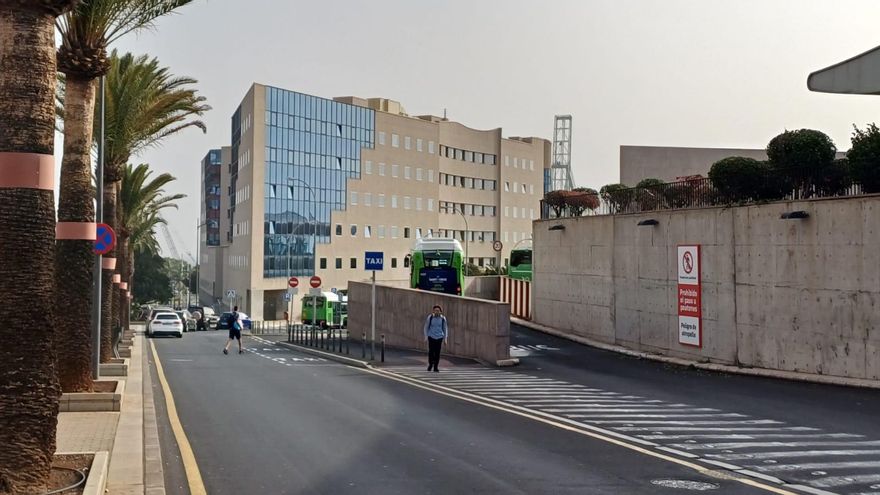
The Superior Court of Justice of the Canary Islands (TSJC) has affirmed the sentence of five years in prison handed down by the Provincial Court of Santa Cruz de Tenerife to an individual deemed responsible for the forest fire that occurred in The Realejos on July 14, 2023, which scorched approximately 2.5 hectares of land.
Furthermore, the TSJC upholds the requirement for the defendant to pay a total of 44,000 euros, comprising 35,000 euros to the Insular Cabildo, 4,210 euros to the Fire Prevention Consortium, 1,600 euros to the Canarian government, and a fine of 3,600 euros.
The TSJC holds no doubts regarding the direct involvement of the accused in the fire, as established in the initial ruling, although an appeal has already been lodged with the Supreme Court (TS).
In its account of proven facts, the High Canarian Court noted that around 7:30 a.m. on that day, the defendant, intending to ignite a fire, armed with a lighter, entered approximately 15 metres from an agricultural track known as Los Dornajos, located in an area referred to as El Lance, within this northern municipality of Tenerife.
Once at the location, the lighter was reportedly used on the dense vegetation, resulting in significant flames erupting due to the intense heat and the condition of the ground. This caused the fire to spread towards a nearby ravine filled with cane, ultimately consuming an agricultural installation and necessitating the urgent evacuation of livestock.
Minutes later, local residents spotted the fire and alerted the authorities, leading to the flames encroaching upon approximately 26 adjacent houses by 5:00 p.m.
TSJC Ruling
The defence for the accused filed an appeal with the TSJC, claiming that the punishment violates his right to the presumption of innocence, citing contradictions between police reports and the physical evidence at the scene, as well as false testimony from certain witnesses during the trial.
In its response, the TSJC maintained that the conviction was not solely grounded in the testimony of a neighbour and her husband, who witnessed the defendant near the ignition site, but also supported by several police officers, including one who observed the accused on the roof wearing glasses.
The court dismissed the assertion of an expert witness provided by the defence who stated that it would take half an hour to walk from the defendant’s home to the fire site, making it implausible for the accused to arrive there in a shorter timeframe.
Additionally, the contested judgement noted an alleged crime of perjury by family and friends who served as witnesses in the hearing and spoke in favour of the defendant, raising suspicions that they may have lied, notwithstanding their oath to tell the truth.
The appellant also claimed there were new developments that could exonerate him, particularly in light of similar fire incidents occurring since his detention, which could not be attributed to him as he has been in provisional custody since then.
One crucial piece of evidence was the presence of 25 lighters, 21 unused candles, 4 used candles, 113 rolls of toilet paper, two bottles of alcohol among other chemicals, a glove, and 10 knives found at the defendant’s residence.
The area affected encompassed 26,000 square metres, posing a risk of spreading to the natural protected space of the forest crown located less than half a kilometre from the fire’s origin.
Previously, the defendant had been convicted in 2010 for another fire-related incident, resulting in a one-year sentence and a two-year prohibition from entering the burnt area, followed by his provisional imprisonment after this latest incident.
















